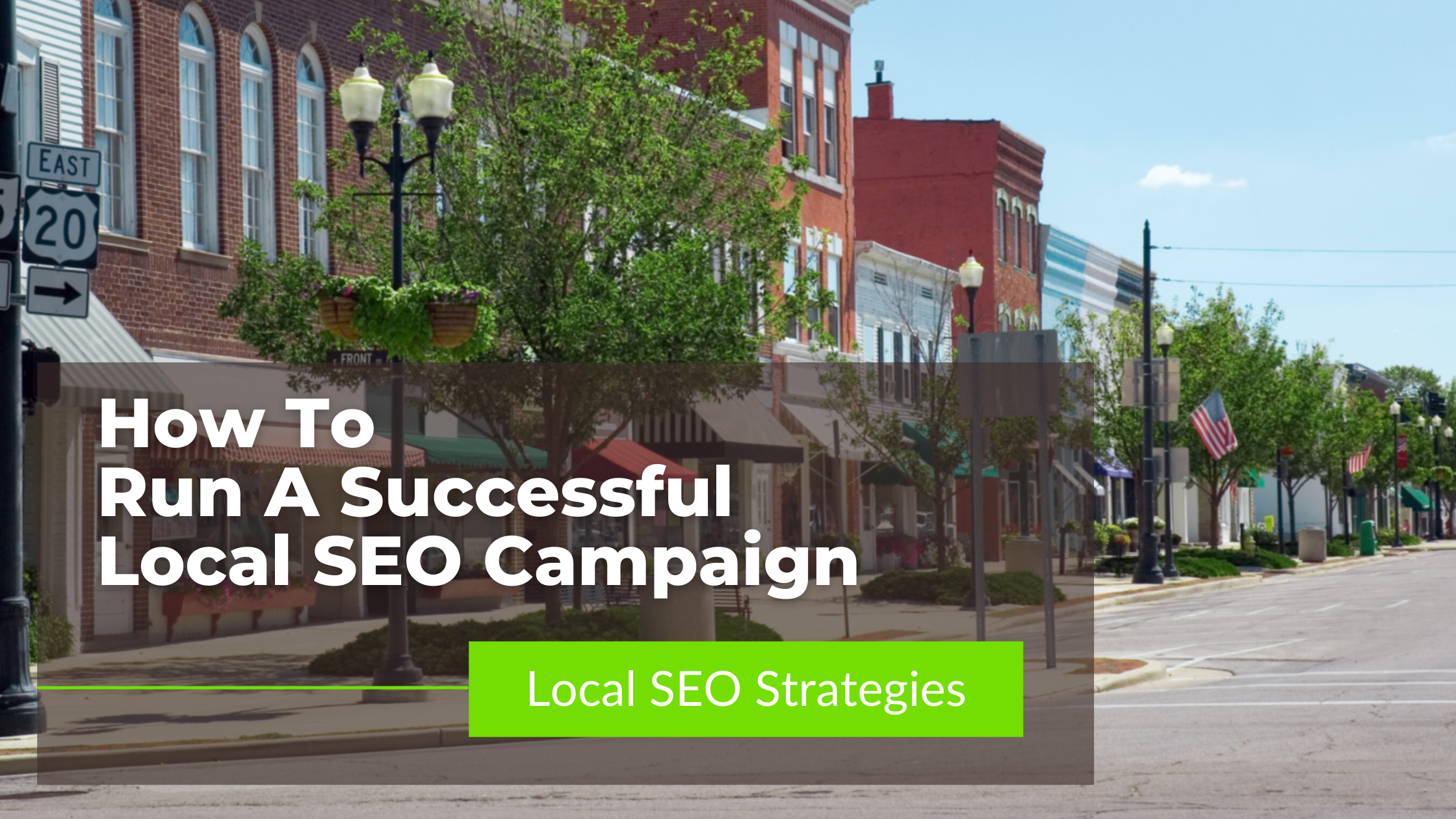A local SEO strategy helps businesses with a local presence to promote their brands. When you need to attract a local audience, using geo-specific keywords and content is a must. Beyond publishing the right content, your business could make use of a range of other local SEO strategies, including setting up your Google My Business page, and more. If you’re planning to run a local SEO campaign, there are some things you should know before you get started.
Optimize Your Google My Business
Google My Business is a key tool to use for local businesses. It literally put your business on the map, ensuring you should up on Google Maps. It also allows you to add further information about your business, from operating hours to your website, contact details, and event photos and videos.
If you’re not already utilizing Google My Business, you need to create a new account and claim your business right away. It will give you control over the information that appears on Google and make it much easier for customers to find your business.
Use your Google My Business account to ensure your information is accurate and up-to-date. Provide updates on your business, respond to customer reviews, and publish custom posts. Try to include as much information as you can to build a complete picture of your business.
Be Consistent
Consistency is key in local SEO. When you want people to contact you directly and visit your business, you need to give them accurate information about finding you. Consistent information across different channels and websites will help search engines to create a more complete and accurate idea of who you are.
In addition to your website and your Google My Business page. If you are listed with any directories, make sure your details remain up to date. Performing an audit of citations and directory listings now and then will help you to ensure that all details are correct.
Develop A Local-Friendly Website
Your website might be accessible to anyone in the world, but if you’re trying to attract customers in a specific area, your site needs to reflect that. Your small business web design should take into account how people are searching for local products and services. This could start with including local keywords in meta titles and descriptions and within your content.
It’s also important to make your site mobile-friendly if you want it to help with your local SEO campaign. Almost a third of mobile searches are related to location, and 84% of “near me” searches on Google are performed on mobile devices. That means it’s essential to make sure you have a responsive website designed for mobile devices if you want your local SEO campaign to be successful.
Create Local Content
Publishing content focused on local areas and using local keywords can help improve local SEO performance. This can include creating different location pages on your website or publishing content relevant to an area, such as local news, information about local events, or discussion of local businesses, amenities, or issues.
One of the most difficult things that people struggle with when it comes to SEO is incorporating local keywords into the content. Many people end up including location-specific words in irrelevant content, making it look like they’re keyword stuffing or including keywords that don’t fit with the content. Content that specifically focuses on local news and issues removes this problem. You can naturally incorporate local keywords without them looking out of place. Location pages are one option for your website, but it’s also a good idea to publish new content regularly. Blog posts can be excellent for this purpose.
Some brands might lend themselves more naturally to local content. If you run a hotel, it’s easy to write content about the local area relevant to your audience. It might be a little more difficult to publish local content regularly if you own a hair salon, but it’s still possible.
Encourage Customer Reviews
Reviews from your customers are beneficial if you want to improve local SEO. People will see Google reviews when they see your business in Google search results and on Google Maps. Other reviews will be visible, such as those in directories and listing sites or review sites.
By encouraging customers to leave reviews, you can create more successful local SEO campaigns. When people discover your business through Google, they’ll be able to see your reviews and ratings and may be more likely to visit your website or come to see you in person. 91% of 18-34-year-olds trust online reviews as much as personal recommendations, so it’s worth building your positive online reviews. Remember to respond to reviews, too, especially when someone has a problem that you can fix.
Improve Backlinks
Quality links play an important part in SEO, and that includes local SEO. According to Moz, links are a leading ranking factor in local SEO, so it’s important not to neglect your backlinks. Links can be beneficial for local pack results, which appear on the side of Google search results.
While some people might tell you to focus on getting more backlinks by submitting details to many directories, better ways to improve your backlink profile are better. The quality of your links is more important than the quantity. There are several strategies that you can use to get high-quality backlinks. Producing quality content might not be the fastest strategy, but it’s an organic way to get more people to link to your site. Guest blogging on reputable sites can also be a useful approach. Other tactics include finding broken links and suggesting your own as a replacement.
In Summary
Many of the things that you need to know for successful local SEO come from general search engine optimization. However, there are several key differences to pay attention to. You need to attract the attention of local people, which means using the tools that help you do that.

